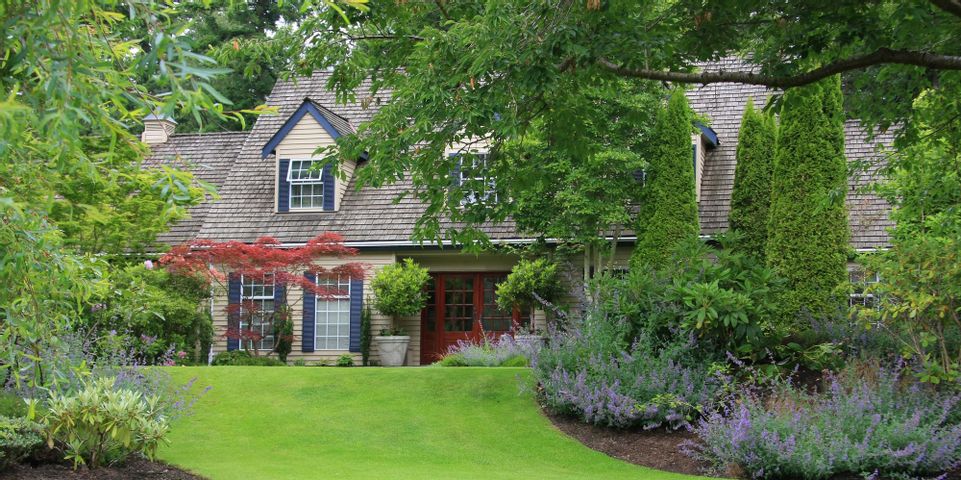
When it comes to maintaining your septic tank, you may already know a lot of the basics. These include being careful about what you flush down the toilet, taking note odd noises or smells near drains, and not putting coffee grounds or oil down the garbage disposal. But what should you be doing outside? Below are a few do’s and don’ts to keep your septic system in optimal condition.
Do:
Schedule regular pumping appointments.
Your septic tank breaks down solid and liquid waste. Liquids pass into the drain field to be reabsorbed by the surrounding soil, and solids remain inside the tank where bacteria breaks them down. To prevent waste from overflowing outside of the tank, have it pumped by a professional every two to three years. You might need to adjust this schedule depending on the number of people in your household.
 Know where the septic tank is located.
Know where the septic tank is located.
Although you probably won’t need to think about it often, you need to know where the tank is buried in the yard. Driving over it or parking on top of it could cause the ground to collapse and damage the septic tank.
Don’t:
Plant large trees nearby.
Trees are beautiful and provide shade, but they come with large root systems that can spread far underground. Tree roots are powerful enough to break the walls of a septic tank or underground water lines, and they gravitate toward sources of water. To avoid repairs to your septic system, don’t plant any trees nearby.
Ignore warning signs.
If you detect a foul odor hanging around the property or spot puddles in the drain field, you should schedule an inspection right away. Sometimes, patches of grass will also look greener if there’s a leak, because these areas will receive more fertilization than the rest of the yard. If you suspect there could be a problem with your septic tank, avoid the area—it could be contaminated with unhealthy waste.
By following these suggestions, you should be able to prevent sewage backups and failure. American On Site in Molalla, OR, offers septic tank maintenance, repairs, pumping, and installations, and they can help you if you have any concerns about your system. They have over 15 years of experience and operate throughout Clackamas County, St. Paul, Portland, and Oregon City. For additional information, call (503) 829-7600 or visit them online.
About the Business
(17 reviews)
Have a question? Ask the experts!
Send your question

